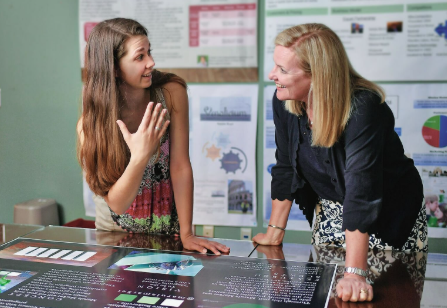Alumni mentorship programs in higher learning institutions are powerful tools for supporting student development, building community, and strengthening academic and career outcomes. By connecting current students with graduates, these programs offer valuable guidance, real-world insight, and encouragement that extend far beyond the classroom.
One of the greatest benefits of alumni mentorship is the opportunity for students to gain perspective from individuals who have successfully navigated the higher education experience. Alumni mentors can share personal stories, offer academic tips, and help mentees understand how to make the most of their time on campus. These conversations can be especially impactful for first-generation students or those unsure about their academic or career paths.
Career guidance is another key component of alumni mentorship. Mentors can provide advice on internships, job searches, interview preparation, and industry expectations. They often serve as valuable connections in the professional world, sometimes opening doors to networking opportunities or job referrals.
Alumni also help students build confidence and resilience. Knowing that someone has faced similar challenges and achieved success can be deeply motivating. Mentors offer encouragement, feedback, and a sense of direction that helps students stay focused and goal-oriented.
From the alumni perspective, mentorship is a meaningful way to give back to their alma mater. It allows them to remain connected with the institution and make a positive impact on the next generation of learners. Many alumni find the experience personally rewarding and professionally enriching.
Higher learning institutions benefit from alumni engagement as well. Strong mentorship programs contribute to a sense of community, increase alumni involvement, and demonstrate the institution’s commitment to student success. They also foster long-term relationships that can support fundraising, partnerships, and institutional growth.
In conclusion, alumni mentorship in higher learning bridges the gap between academic life and the professional world. By fostering relationships grounded in support, guidance, and shared experience, these programs empower students to reach their goals and inspire alumni to remain active contributors to the educational community.














